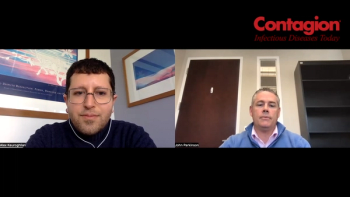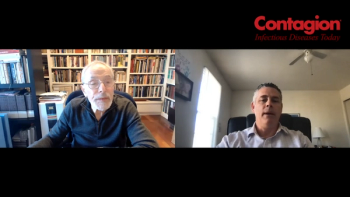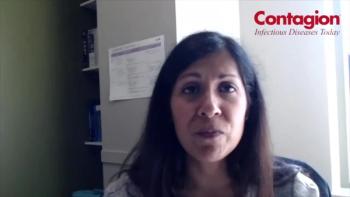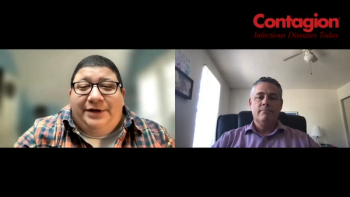
A new virtual program aims to train clinicians and other providers on terminology and how to engage patients in effective dialogue and counseling.

A new virtual program aims to train clinicians and other providers on terminology and how to engage patients in effective dialogue and counseling.

Boston’s Fenway Health looked at testing and prevention trends during 3 phases of the COVID-19 pandemic.

During a continuation of a difficult time in our history, overwhelmed providers need to take a step back and find time for themselves to unwind and destress from COVID-19.

Stigma, and a lack of communication and awareness all inhibit HIV PrEP uptake, but digital health and new forms of PrEP are aiming to increase users.

The therapy becomes the first injectable approved in the United States for this indication.

A novel digital pill was 98% effective in tracking daily HIV PrEP adherence.

Fenway Health’s Pride in Our Health podcast is an example of new voices being heard, and an alternative means of getting health information to the general public.


The Fenway Institute is hosting its upcoming Advancing Excellence in Transgender Health conference. The program will include education on transgender medical care as well as how clinicians and people within this community can interact and the former can understand the latter’s needs when it comes to preventative and acute care.